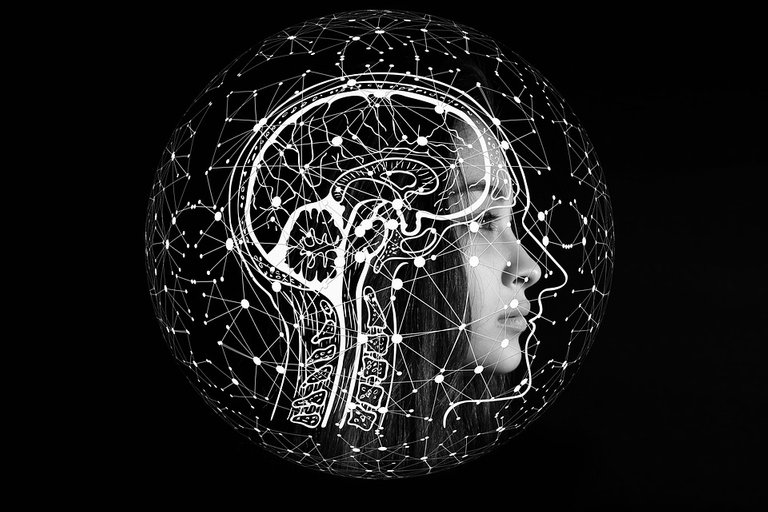The modern meaning of the opposition between science and the critisism derives originally from the field of politics, and from the very beginning it was connected with the idea of the struggle between classes. And left in any field.
This means that the subject of science and the world in philosophy touches the point of contact between philosophy and politics. It is the powerful philosophy that ultimately leads to the support of conservative forces in society, while scientific philosophy speaks of the revolutionary forces in it.
Although the term "science-critical wing philosophy" was not used widely until recently, philosophy has long known situations to which this expression can be applied, with some predominance of course. This is because the history of philosophy has witnessed from time to time opposite currents whose attitude towards the prevailing trends can be described as critical. From the earliest times it was the philosophy of Heraclitus.
In his call for permanent change, he takes a position that can be called scientific in comparison to philosophies that emphasize the idea of immutability, such as the philosophy and school of Parmenides, as were the ancient materialistic doctrines of Democritus.
It stands in the history of philosophy to the left of that spiritual current that has dominated much of the history of Greek philosophy, from Pythagoras to Socrates, Plato and Aristotle. Likewise, we find at the beginning of the modern era philosophical tendencies that can be described as "critical" when compared to the "correct" intellectual conditions prevailing among the theological thinkers of the time. Otherwise, how can we describe the opposition that was directed to the traditional thinking that philosophers like Bacon inherited in his fierce campaign against the authority of Aristotle's philosophy of the whole school.
Case Components?
Or like Descartes in his assertion that “sound mind is the most just in dividing people among men” or Spinoza in his glorification of reason at the expense of revelation and faith? These were all, in relation to the intellectual atmosphere of the seventeenth century, undoubtedly "scientific" tendencies, even before the modern opposition between scientific and critical thinking was known.
However, the issue of science in philosophy was not raised in all its dimensions until several centuries ago, and perhaps it can be said that its features were not fully clear until the twentieth century, and it was not from the developments of philosophy itself - as a self-contained intellectual subject - that led to the emergence of this issue, Rather, the developments of political and social events were what washed philosophy out of it and forced it to confront this problem.
So what are the elements of this case? What is the position of both sides on all these elements? There is no doubt that a detailed answer to this question requires a comprehensive presentation of the currents of contemporary thought. As a presentation of the most important elements through which the contradiction between science and critical truth in philosophical thought appears most clearly, we must warn - from the beginning - that it is not necessary that all these elements be present in a particular philosophy in order to describe it as scientific, for example.

